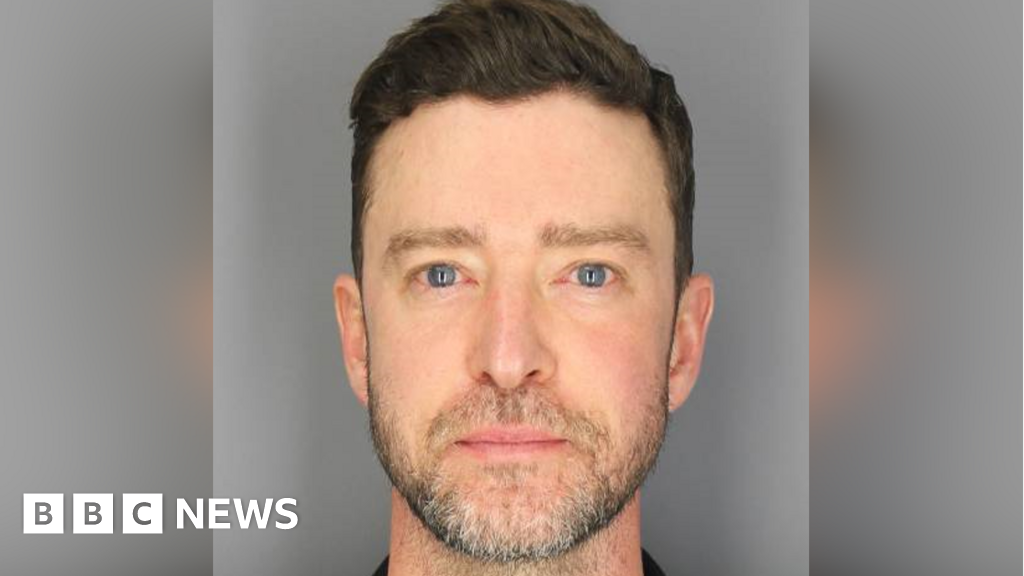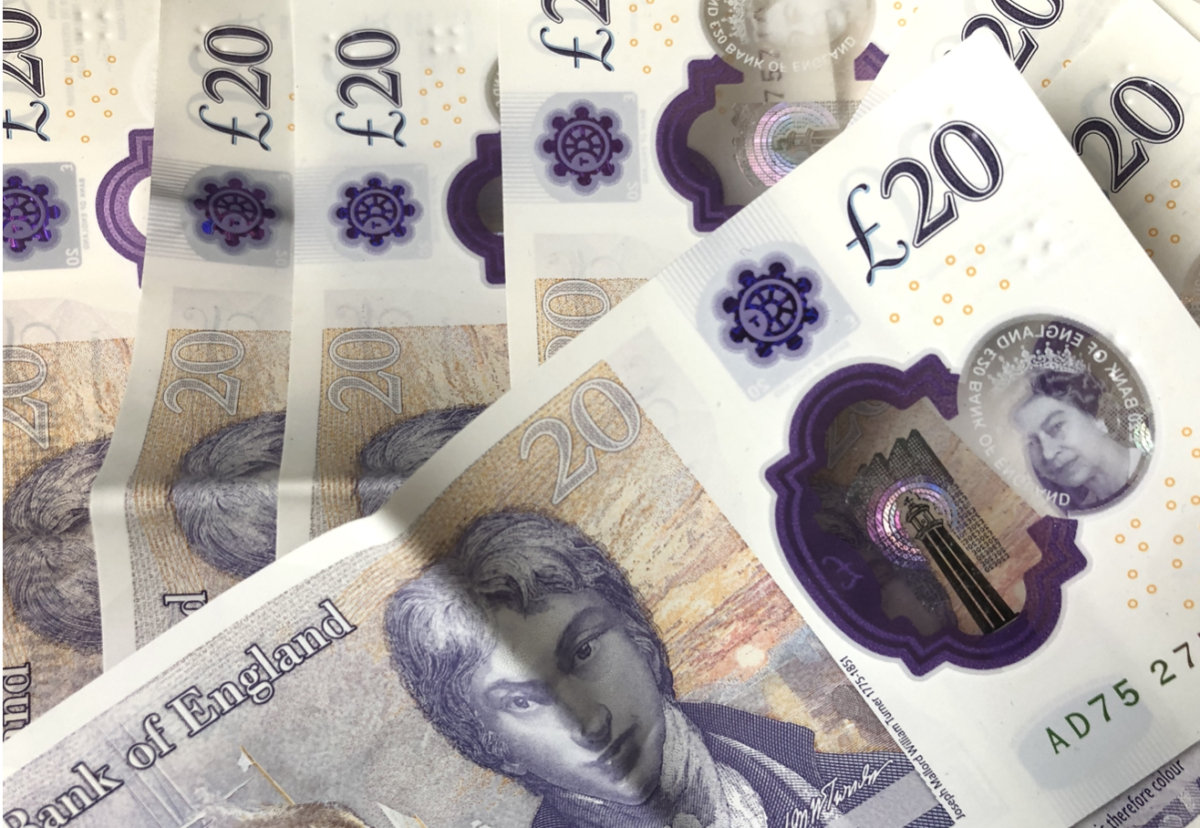IT’S the Christmas and New Year party season – the time of year when we drink the most, only to regret it the next day.
All hangovers are caused by our body’s reaction to ethanol, a toxin, which is the main ingredient of booze.
But your favourite drink may also include extra ingredients – from bubbles to flavourings – that will make you feel even worse the next day.
Of course, the best way not to have a hangover is to avoid any type of booze in the first place.
But if that’s too big an ask during this festive season, here’s how to dodge the worst of them.
What is a hangover?
The main cause of a hangover is ethanol, the main ingredient of alcoholic drinks.
It’s a toxin which moves very easily around your body and throws nearly all of your body processes – from your sleep to your digestion – off balance.
For example, ethanol stops the pituitary gland at the base of your brain making the hormone vasopressin, which controls how much we urinate.
When levels of this hormone drop, your kidneys start to release more water, making you go to the loo more,
The result? The next morning you wake up with a dry mouth, a raging thirst, and a headache, possibly because the outer lining of your brain also gets dehydrated, causing tension.
Alcohol, particularly wines and beer, have also been found to irritate the linings of your stomach and intestines.
In response, this boosts the production of gastric acid to help you digest it, as well as enzymes and mucus to help protect itself.
This also signals to your brain that you are overloading yourself with toxins that are not good for you, making you want to be sick.
Alcohol also slows down the communication between your brain cells, slowing your reactions and making you slur your words.
As the alcohol starts to move out of your system, your brain tries to restore the balance and starts to get active again.
This disrupts your sleep patterns, making you wake up feeling tired and grumpy the next day.
1. RED WINE = POUNDING HEAD
We all know the phrase ‘red wine’ hangover.
Now, a range of studies have discovered there are several reasons why a few glasses of Merlot or Shiraz are particularly painful the next day.
For one thing, red wine is fermented in such a way that it has a higher alcohol – or ethanol – content than white wine – around 12 to 14 per cent, compared to an average of 10 per cent.
To add to that, because of the way it’s made, red wine also contains another toxin called methanol, which is more difficult for your body to break down.
When you drink red wine, your liver processes the basic ethanol first.
But it’s not as efficient at breaking down methanol, it leaves that until last.
This means it lingers in your system longer, meaning your hangover will hang around well into the next day.
And if that wasn’t enough, research published in the journal Scientific Reports in November 2023 found there’s yet another ingredient in grape skin that is likely to be making your head throb.
It’s a plant compound, called quercetin, which is higher in red wine.
According to the study, this substance may slow down your liver’s attempts to break down the alcohol in red wine to make it safe for the body.
This means the toxins from alcohol are circulating in your body in higher quantities and for longer, triggering headaches, especially if you are already more prone to them.
Morris Levin, professor of neurology and director of the Headache Centre at the University of California, San Francisco, who was part of the research team, says; ‘We think we are finally on the right track toward explaining this millennia-old mystery.’
What kind of hangover will you get?
Drinking too much red wine is likely to leave you with a pounding headache, especially if you are already prone to them according to the research.
These headaches will start sooner and last longer than the ones you get drinking other types of booze.
If you overdo the red wine, you’re also more likely to wake up with a red face because of the high levels of chemicals, which the body finds it hard to break down, and which contribute to this flushing reaction.
2. WHITE WINE = HEARTBURN AND NAUSEA
White wine is made from the fermented juice of grapes stripped of their seeds and skins.
But winemakers also add sulphites – preservatives – to stop it going brown and to boost flavour.
About one in 100 people are allergic to these, and, as a result, normal hangover symptoms like headaches, nausea, and stomach pains, will be much worse.
White wines are also more bitter, with many containing up to 10 per cent acid, which will have other knock-on effects.
A study published in the in the journal Gastroenterology in 1983 found the high acid content tends to irritate the lining of your stomach and stop it emptying as fast.
Another in the journal Gut found white wine particularly triggers your stomach to release gastric acid.
What kind of hangover will you get?
If you’ve drunk too much white wine, you are more likely to feel nauseous or be sick because of the irritation to your stomach.
Research has also found you are more likely to suffer other symptoms like acid reflux and heartburn the next day.
3. CHAMPAGNE AND PROSECCO = PREPARE FOR THE WORST
Champagne is made in roughly the same way as wine — but then more yeast is added and it’s left to ferment in the bottle a second time.
This extra fermentation boosts alcohol to about 12 per cent, plus the carbon dioxide that makes it bubbly.
And it’s these bubbles that could leave you with a worse hangover because they speed up how fast the alcohol gets into your bloodstream.
One theory is that the bubbles open the pyloric sphincter, the valve that controls the emptying of the stomach into your intestines, meaning it pases thorugh more quickly.
What kind of hangover will you get?
Prepare for the worst, says nutritional expert Geeta Sidhu-Robb, founder of Nosh Detox.
“It’s scientifically proven that the bubbles actually accelerate the absorption of alcohol, hence the saying ‘the bubbles have gone to my head’,” the expert said.
“Drinking bubbly alcoholic drinks will result in you getting more drunk more quickly which then leads to terrible hangovers.”
Champagne and prosecco are also high in sugar.
So you are likely to wake up with hunger pangs because your insulin levels have dropped, and your body will crave carbs to restore balance.
4. BEER = WEARY
Beer is made by fermenting barley. Hops are added for flavour and yeast to make the grains ferment into sugar and alcohol.
You may get off more lightly when it comes to hangovers because it has a high-water content and also contains yeast, which may slow down how quickly it gets into your bloodstream.
According to a 2013 review in the journal Forensic Science Medicine and Pathology, beer also has the least amount of congeners – by-products of alcohol which are made during the fermentation and which make hangovers worse.
Lighter beer also tends to have the lowest alcohol content — between three and six per cent for lager.
The darker a beer is, the more alcohol it will contain – up to eight per cent for ale and stout.
What kind of hangover will you get?
After a heavy night on the beers, you are most likely to feel tired, due to the number of times you had to get up to go to the loo.
But you may not feel as nauseous or head-achy as you will after drinking other booze.
5. WHISKY AND SCOTCH = A REAL LINGERER
Whisky or Scotch is distilled from fermented grains, like barley or wheat, then aged in wooden casks.
Whisky also contains higher levels of congeners – by-products of the alcohol fermentation process – which also give a drink its distinctive colour and flavour.
Overall, drinks darker in colour have higher congener levels than alcoholic drinks that are lighter in shade.
To try and digest these, your liver uses enzymes to break them down into other substances like formic acid and formaldehyde.
When these stay in the bloodstream, the body has to work extra hard to process and eliminate them, giving you the full range of hangover symptoms when you overdo the whisky or Scotch, from nausea to dehydration.
What kind of hangover will you get?
Prepare to have a hangover that really hangs around.
Even when you wake up, your body will still be working on breaking down the congeners in your bloodstream.
6. BRANDY = WORST OF THE WORST
If you overdo the brandy with the mince pies, be prepared to pay the price.
That’s because brandy is distilled from red wine in old wooden casks.
Not only does brandy contain at least 40 per cent alcohol, which is enough on its own to make you feel rough the next day, this tipple also has highest amounts of congeners of any alcohol, which are formed in high quantities when the brandy stored and aged in barrels to give it its distinctive taste.
What kind of hangover will you get?
Drinking too much brandy will give the worst hangover of all, so stick to small amounts.
Alcohol researcher Professor Wayne Jones of Sweden’s University of Linköping says: “Brandy contains literally hundreds of different volatile compounds which gives it the distinctive pleasant smell but also contributes to the hangover.’
7. VODKA = EASY RIDE
Vodka packs a powerful punch – as most brands are 40 per cent alcohol, mixed with flavourings.
It’s made by fermenting grains or crops such as potatoes with yeast.
It’s then purified and repeatedly filtered, often through charcoal, until it’s as clear as possible.
Vodka is the ‘cleanest’ alcoholic beverage because it contains hardly any ‘congeners’ — impurities normally formed during fermentation.
So despite its high alcohol content, it may leave you will less hangover symptoms, according to a 2010 study in the journal Current Drug Abuse Reviews.
What kind of hangover will you get?
A range of studies have found that you will get off more lightly if you stick to vodka, as long as you drink it in moderation,
It also has less sugar compared to most alcoholic drinks, which means you won’t have the blood sugar crash afterwards and hunger pangs that often make us yearn for a full breakfast the next day.
However, the danger is that because vodka is fairly tasteless when mixed with fruit juices or mixers, so you might be tempted to drink more of it without realising it.
Alcohol expert Professor Wayne Jones says vodka is also less likely to cause other unpleasant side-effects because it is distilled and filtered to be as pure as possible.
“There are fewer toxins, apart from pure ethanol, for the body to deal with,” he says.
“So the fewer the congeners, the less the body has to detoxify.”
8. GIN = SHORT & SWEET
Whatever alcohol you drink, one of the main symptoms of a hangover is thirst.
That is because all alcohol blocks the action of the hormone vasopressin, which tells the kidneys to hold onto water in the body.
As a result, we wee out more urine.
In gin, that dehydration effect is even greater because it’s flavoured with juniper berries which are diuretic – and makes you want to go to loo even more.
What kind of hangover will you get?
While you may wake up dying to go to the loo, on the plus side, like vodka, gin has fewer hangover causing chemicals.
This means you may be back to normal sooner.
Tips on how to avoid a hangover
1. Never drink on an empty stomach
It’s risky to drink any alcohol to excess.
According to the NHS, men and women are advised not to drink more than 14 units a week – that’s about seven glasses of wine for the week.
If you do drink, eat first. If you don’t, it will go straight into your bloodstream.
“If you drink any type of alcohol on an empty stomach, the rate of absorption is sometimes so fast that it compares with getting it intravenously,” says alcohol researcher Professor Wayne Jones.
2. Take vitamins
Nutritional expert Geeta Sidhu-Robb, Founder of Nosh Detox says: ‘Your body uses essential vitamins and minerals when digesting and metabolising alcohol, leading to a depletion of vitamins and a worse hangover.
“Before a heavy night of drinking, help your liver out and take vitamin supplements, particularly Vitamin B as alcohol destroys it when consumed.’ She also advises taking them the next day too.”
“This will help replenish any vitamins that were used during the metabolism of alcohol the night before.”
3. Try non-alcoholic drinks
We often drink automatically at social events to give ourselves ‘something to do’ or not feel left out.
The truth is that if you have a glass in your hand, most people don’t even notice what you are drinking.
Opt for fizzy drinks or the new range of alcohol alternatives that mimic the taste and appearance but don’t contain the main ingredient in alcohol, ethanol.
4. Try the half-half method
One way to cut down is the ‘the half-and-half-method’ – where you alternate between a non-alcoholic drink and an alcoholic one, says Martin Preston Founder and Chief Executive at Private Rehab Clinic Delamere.
He says: “The ‘half-and-half’ method, isn’t about giving up alcohol altogether, but instead interspersing alcoholic drinks with non-alcoholic alternatives or water at social events.
“Alcohol makes the body extremely dehydrated, lowering your immune system and energy levels the next day.
“So, drinking glasses of water in between drinks will help keep hydration levels up and also quench your thirst, which will stop you from sipping your alcoholic drink too quickly, and leave you feeling more refreshed the next day.”

Sarah Carter is a health and wellness expert residing in the UK. With a background in healthcare, she offers evidence-based advice on fitness, nutrition, and mental well-being, promoting healthier living for readers.








